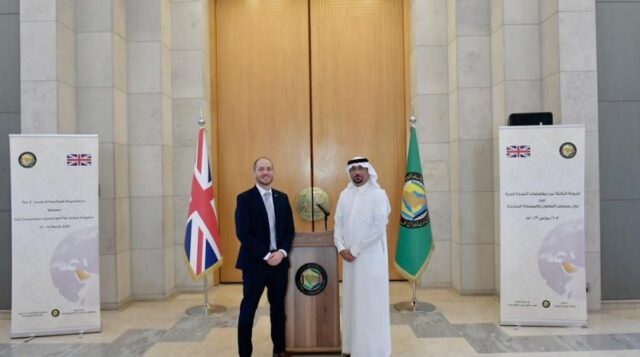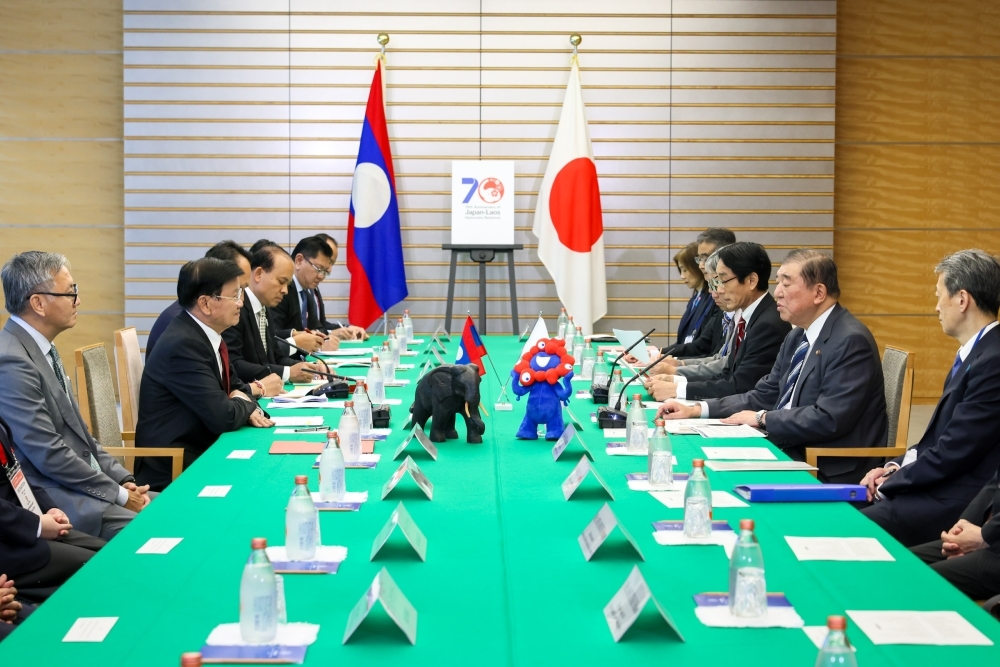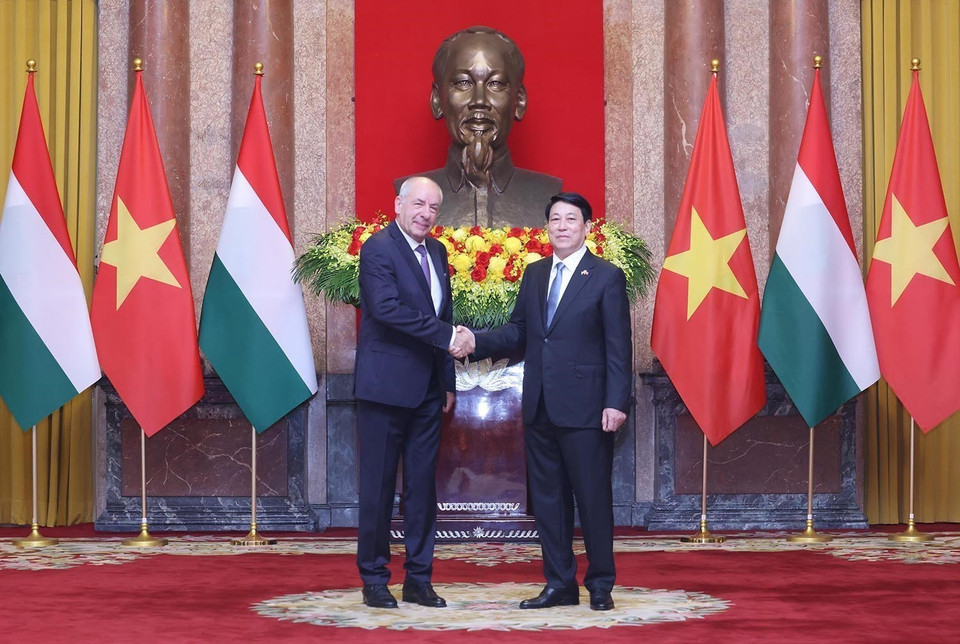The UK and the six members of the GCC formally began negotiations in 2022, and they are currently ongoing. On March 13, 2023, the third round of formal negotiations between the UK and the GCC trading bloc of six nations began in Riyadh, Saudi Arabia. Many UK negotiators from various departments of the government travelled to Riyadh for in-person meetings, while others participated via online meetings.
The UK and the Gulf Cooperation Council (GCC), a commercial bloc made up of Bahrain, Kuwait, Oman, Qatar, Saudi Arabia, and the United Arab Emirates, are now in trade negotiations. All diplomatic negotiations between the UK and the GCC have avoided topics like climate change, women’s rights, labour rights, and human rights, which have been roundly criticised by nongovernmental organisations (NGO’s).
Throughout the course of 30 sessions, technical talks on 13 policy topics were held. There has been good progress, and all parties are still dedicated to reaching an ambitious, comprehensive, and contemporary agreement appropriate for the twenty-first century. A FTA between the UK and the GCC will be advantageous to both countries’ economies. There is only a little direct competition between the firms, and both economies complement one another. A trade agreement will improve supply chains, assisting in the expansion of the home industries in which each of them has a unique expertise. As a result, the rewards for everyone will be higher the more ambitious we are in our discussions. A win-win situation exists.
According to government analysis, an agreement with the GCC is anticipated to boost trade by at least 16% over time, add at least £1.6 billion annually to the UK economy, and generate an additional £600 million or more for the country. Later this year, the UK is predicted to host the fourth round of discussions.
His Majesty’s Government stated that any agreement signed would be in the greatest interests of the British people and the British economy.
It will uphold the responsibility to regulate in the public interest and won’t lower the high standards set for the environment, public health, animal welfare, and food. It is also clear that the National Health Service and the services it offers are off the table during these negotiations.
There is strong opposition to the UK pursuing a trade agreement with the GCC. According to research conducted for DIT in the spring of 2021, only 27% of British citizens support a trade agreement with Saudi Arabia, and a similar 29% would support a deal with the UAE.









